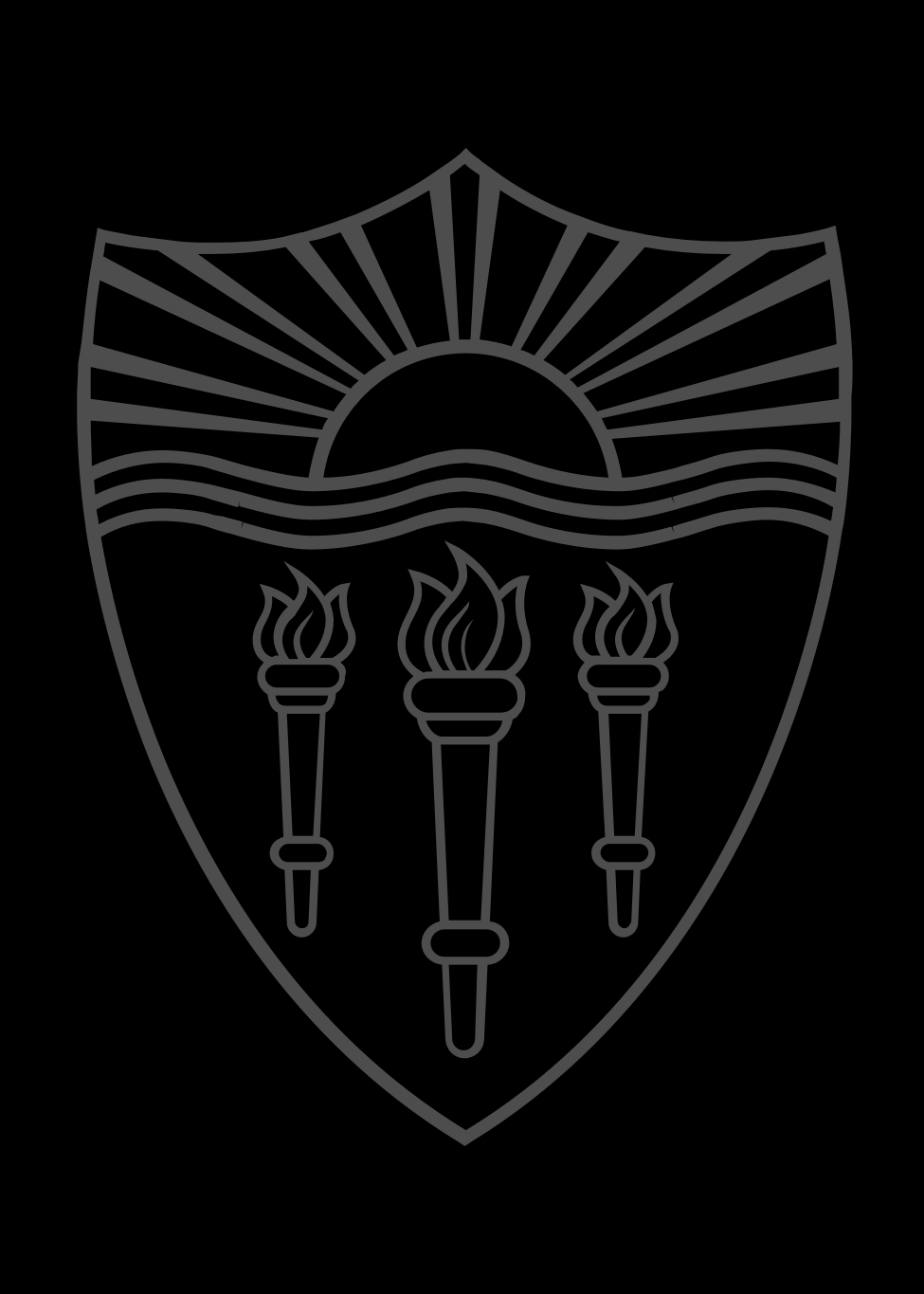Raymond Stevens

Biography
Raymond C. Stevens helped pioneer the area of high throughput structural biology and elucidated the structure of proteins — essential work for pharmaceutical drug development. He has helped develop several therapeutic molecules that have become breakthrough drugs or are in clinical trials to treat conditions ranging from influenza to rare childhood diseases to neuromuscular disorders to diabetes. A prolific scholar, he has authored more than 300 peer-reviewed publications in the area of human cell signaling and holds a several patents including those for his synthetic lipid membranes and for the development of the drug Palnziq™ (with BioMarin Pharmaceuticals) for phenylketonuria.
Before joining USC, Stevens was a professor of molecular biology and chemistry at The Scripps Research Institute and founding director of the iHuman Institute in Shanghai. His laboratory has launched five biotech startups (Syrrx, acquired by Takeda; MemRx, acquired by Novartis; Receptos, which had an initial public offering (RCPT) in May 2013; RuiYi, acquired by Anaphore and renamed BirdRockBio, located in Shanghai; and Shouti, located in Shanghai) and has infused more than $2 billion into the scientific community over the past 10 years through National Institutes of Health grants and other funding.
Stevens earned his undergraduate degree in chemistry from the University of Southern Maine and his Ph.D. in organic chemistry from the USC Dornsife College of Letters, Arts and Sciences, where he worked with Professor Robert Bau and Distinguished Professor of Chemistry George Olah, who was awarded a Nobel Prize in Chemistry in 1994. Stevens then conducted postdoctoral research in structural biology at Harvard University with 1976 Nobel prize winner William Lipscomb, before joining the chemistry and neurobiology faculty at the University of California, Berkeley.
Thomson Reuters (now Clarivate) named Stevens as having one of “The World’s Most Influential Scientific Minds” for 2014, and included him on their “Highly Cited Researcher” list four years in a row in two separate scientific fields (2015-2018). The honors recognize the authors of the top 1 percent most-cited articles in their field. His numerous research accolades include the National Science Foundation’s Presidential Young Investigator Award, Beckman Foundation’s Young Investigator Award, the Lawrence Berkeley Laboratory Outstanding Performance Award, the Jouan Robotics Award, the Sidhu Award, a Chinese Academy of Sciences Distinguished Visiting Professorship at Shanghai Institute of Materia Medica, the Qian Ren Award, the Zhao Chenggu SIMM Award for International Drug Discovery and USC Alumnus of the Year, Elected Member of the Norwegian Academy of Science and Letters, International Scientific Collaboration Award of Shanghai, Magnolia Silver Award of Shanghai, .The Protein Society Stein and Moore Award, National PKU Alliance Award, The Biophysical Society 2019 Anatrace Membrane Protein Award.
Education
- Ph.D. Organic Chemistry, University of Southern California, 1988
- B.A. Chemistry, University of Southern Maine, 1986
-
- Postdoctoral Fellow in Chemistry, Harvard University, 01/1989-06/1992
-
Tenure Track Appointments
- Professor, University of Southern California, 07/2014 –
- Professor, The Scripps Research Institute, 06/1999 – 07/2014
- Assistant Professor of Neurobiology, University of California, Berkeley, 09/1994 – 06/1999
- Assistant Professor of Chemistry, University of California, Berkeley, 09/1992 – 06/1999
Other Employment
- Founding Director, Bridge Institute, University of Southern California, 07/2014
- Founding Director, iHuman Institute, ShanghaiTech University, 08/2012
- Chinese Academy of Sciences Senior Distinguished Visiting Professor, Shanghai Institute of Materia Medica, 08/2011-07/2013
- Senior Principal Investigator, Lawrence Berkeley National Laboratory, 09/1993-06/2001
-
- Video for MacArthur 100&Change Grant Program, https://www.youtube.com/watch?v=-n4kaIeldL8
Bridge Institute at USC. A rapid molecular resolution whole body scanner will revolutionize healthcare and detect disease before symptoms appear, which will accelerate individual recovery by allowing treatment to begin when it can be the least invasive and most effective, with the highest cost-efficiency, 2016-2017
- Video for MacArthur 100&Change Grant Program, https://www.youtube.com/watch?v=-n4kaIeldL8
-
- American Academy of Arts and Sciences Fellow, Elected AAAS Fellow 2020, 2020/11/24
- International Cooperation Award of the Chinese Academy of Sciences, 2020/01/01
- Magnolia Gold Award, Shanghai, 2019/09/01
- Clarivate Analytics (formerly Thomson Reuters) Highly Cited Researcher, 2014 (Biology & Biochemistry); 2015-2018 (Biology & Biochemistry; Pharmacology & Toxicology); 2019-2020 (Biology & Biochemistry), 2014/11/15
- USC or School/Dept Award for Teaching, USC Undergraduate Mentor Award, Fall 2019